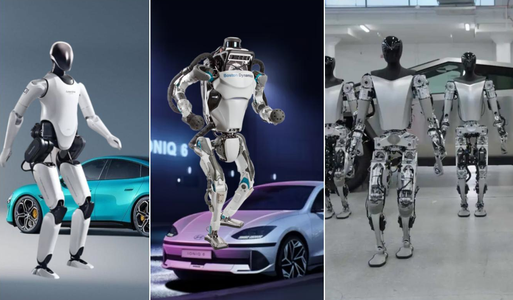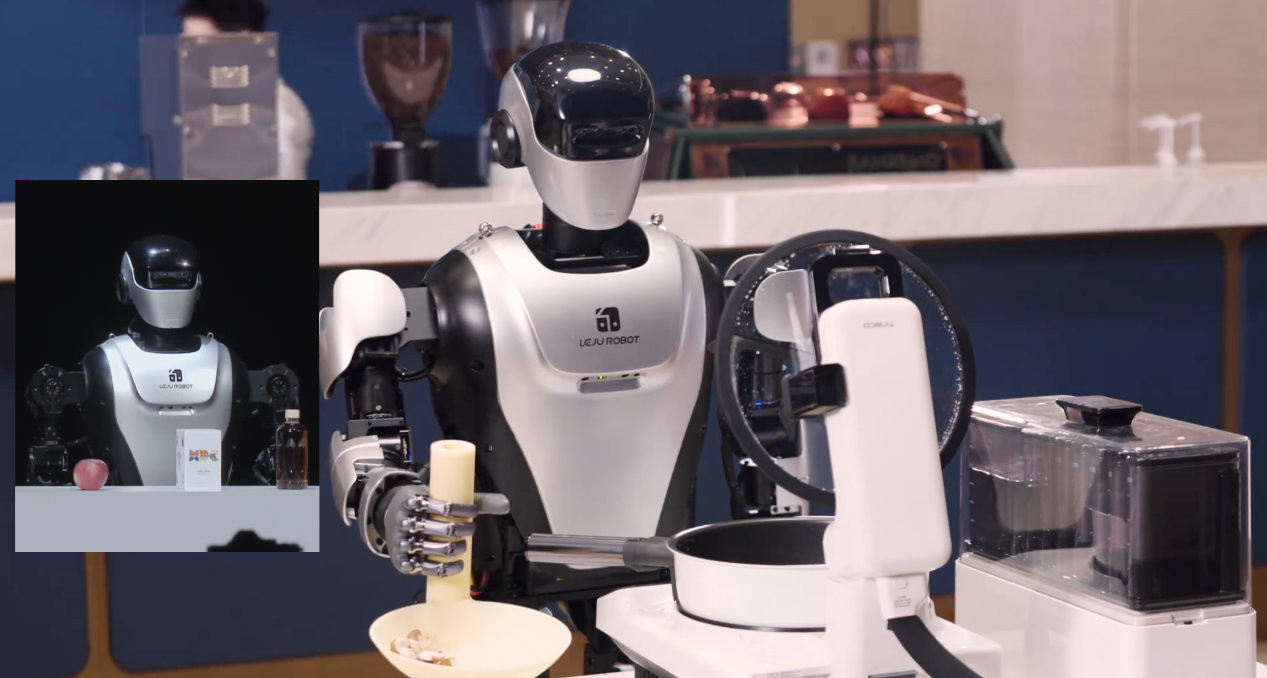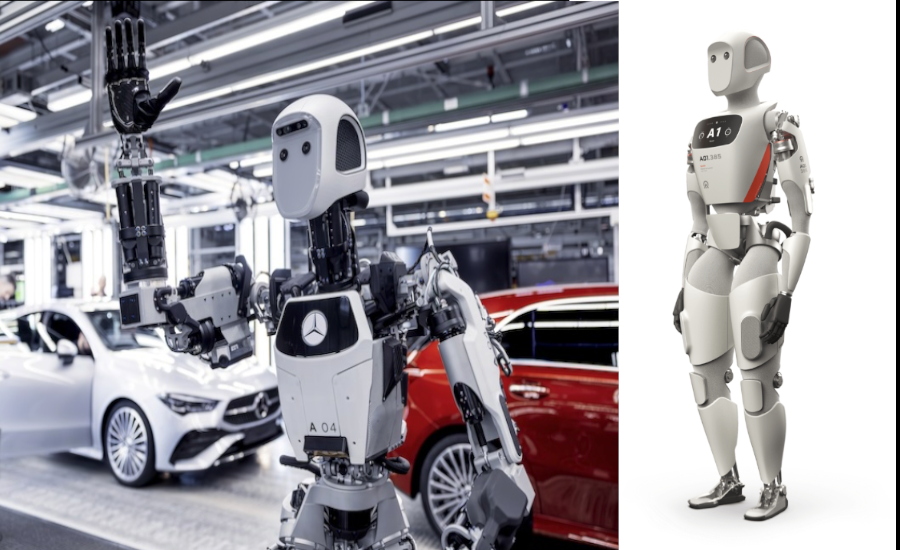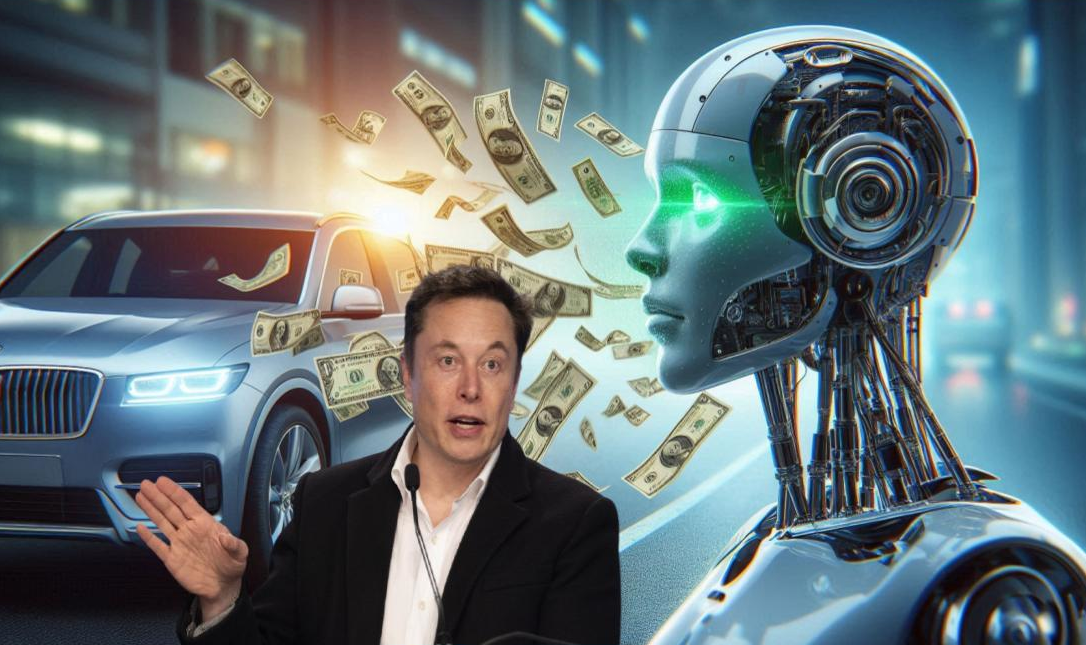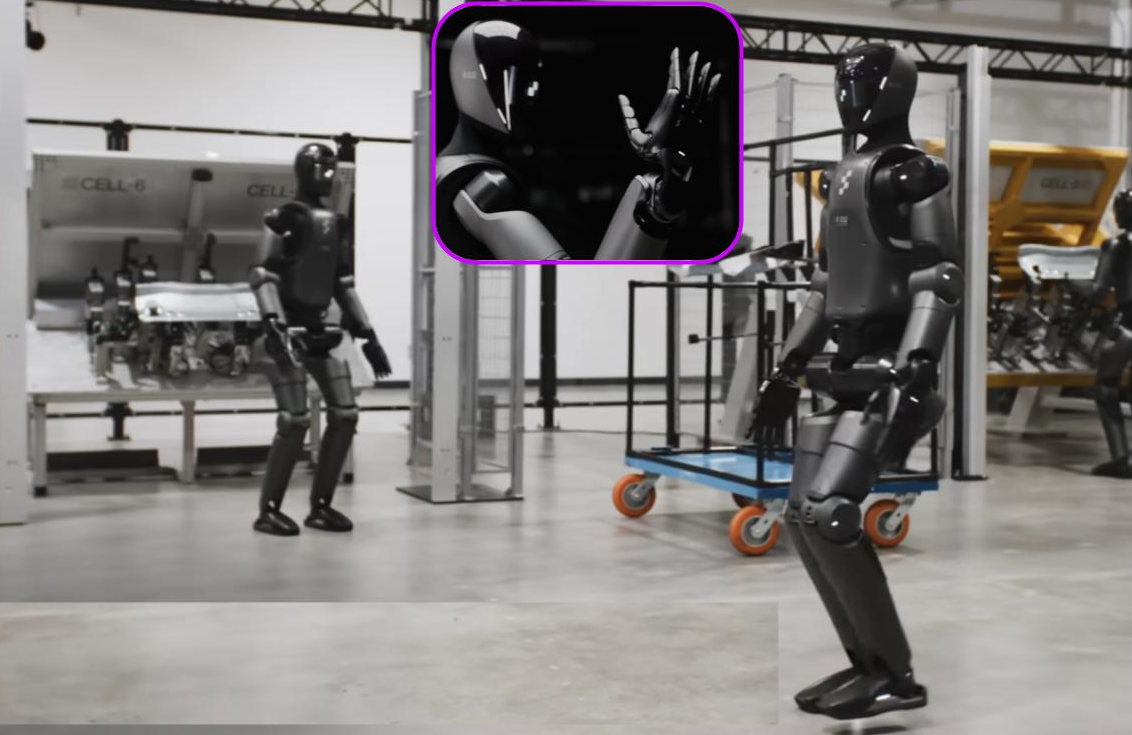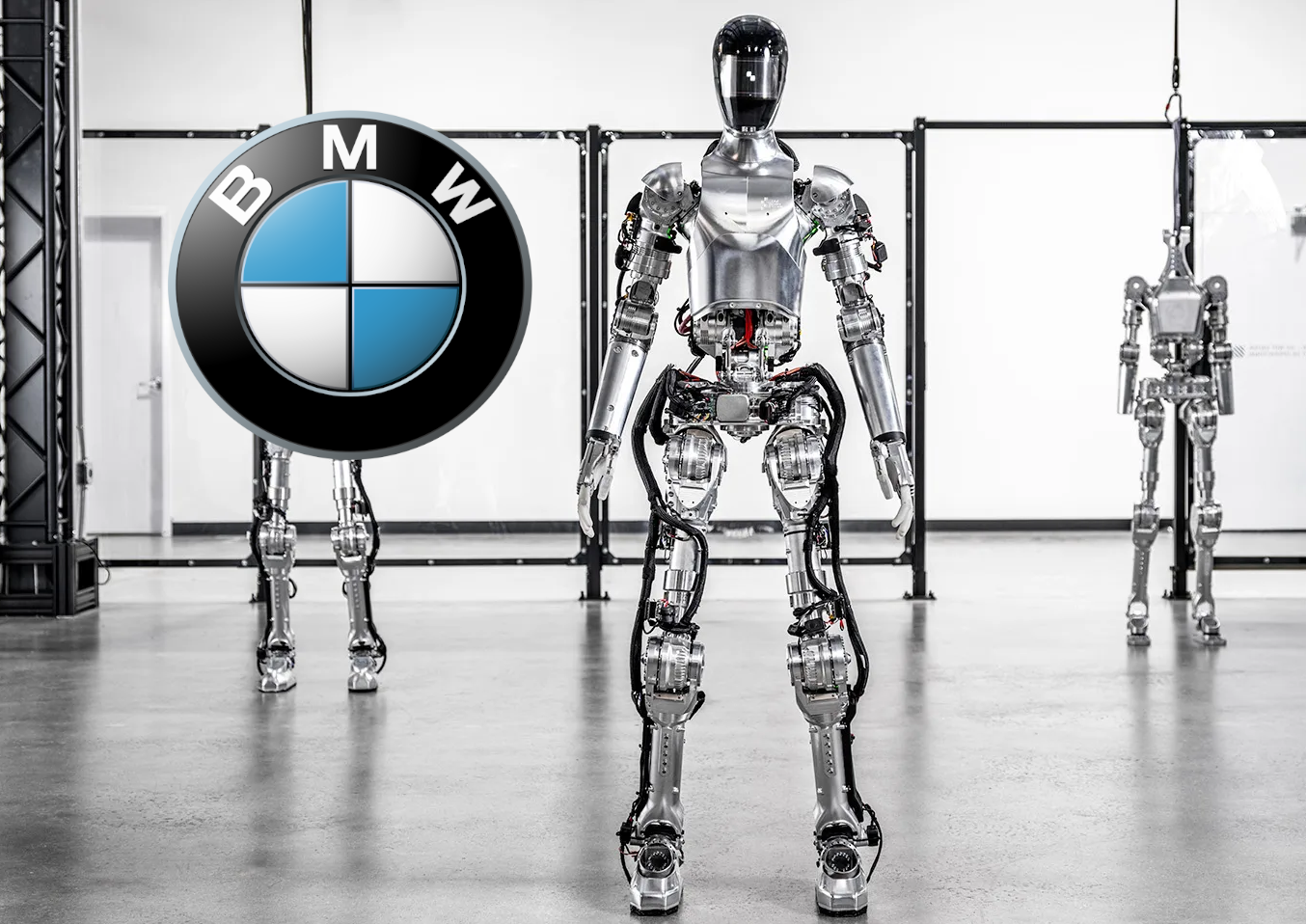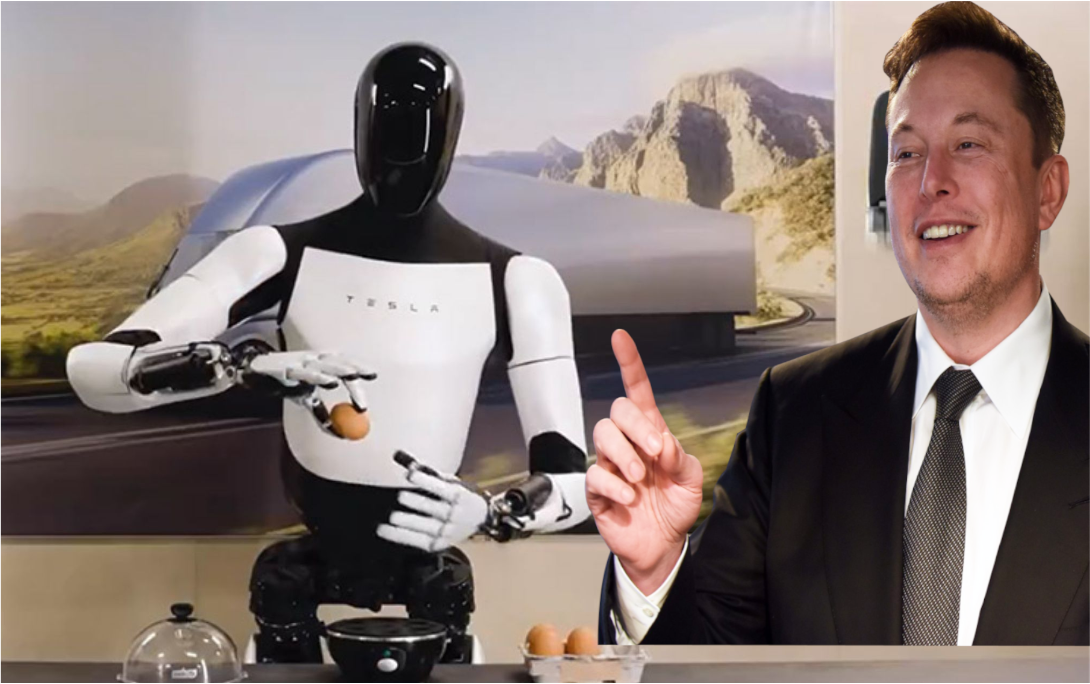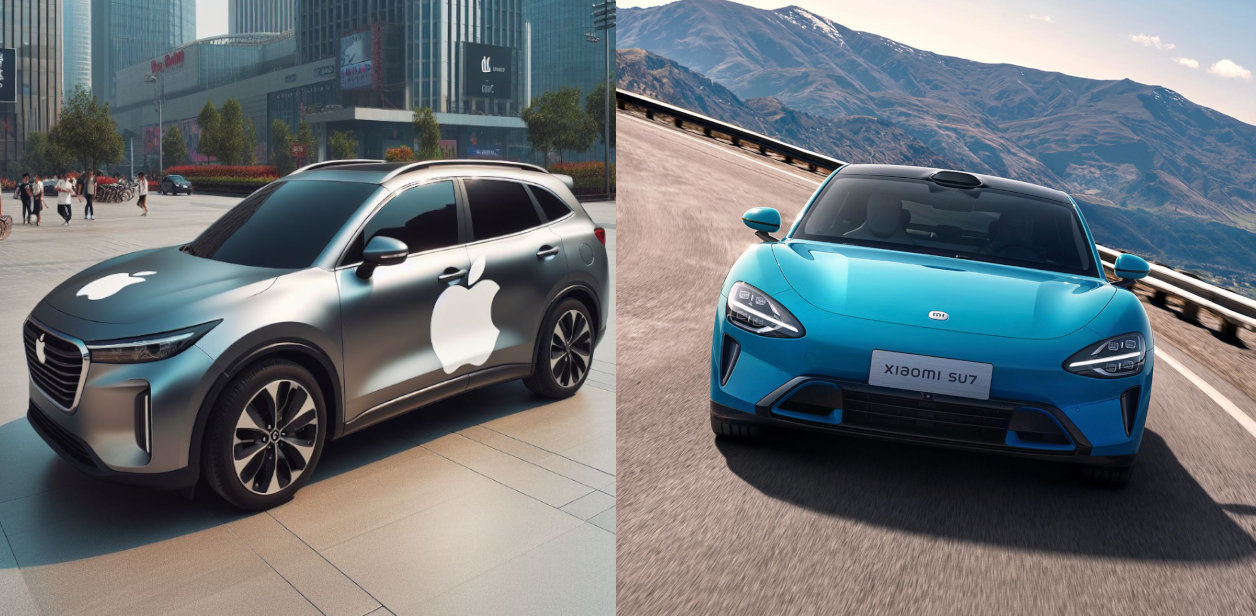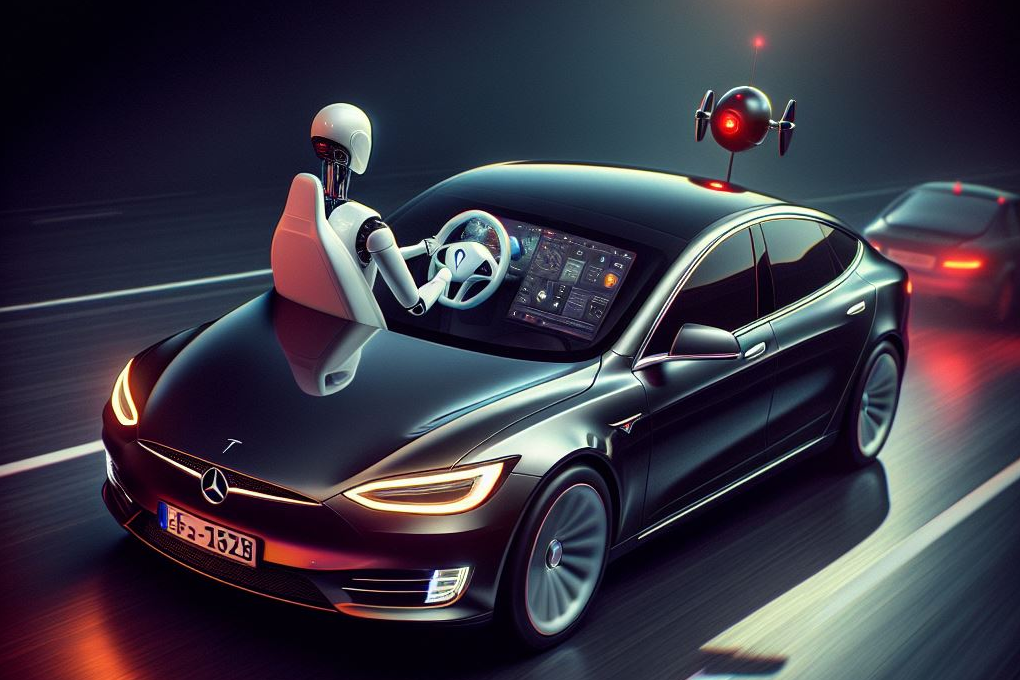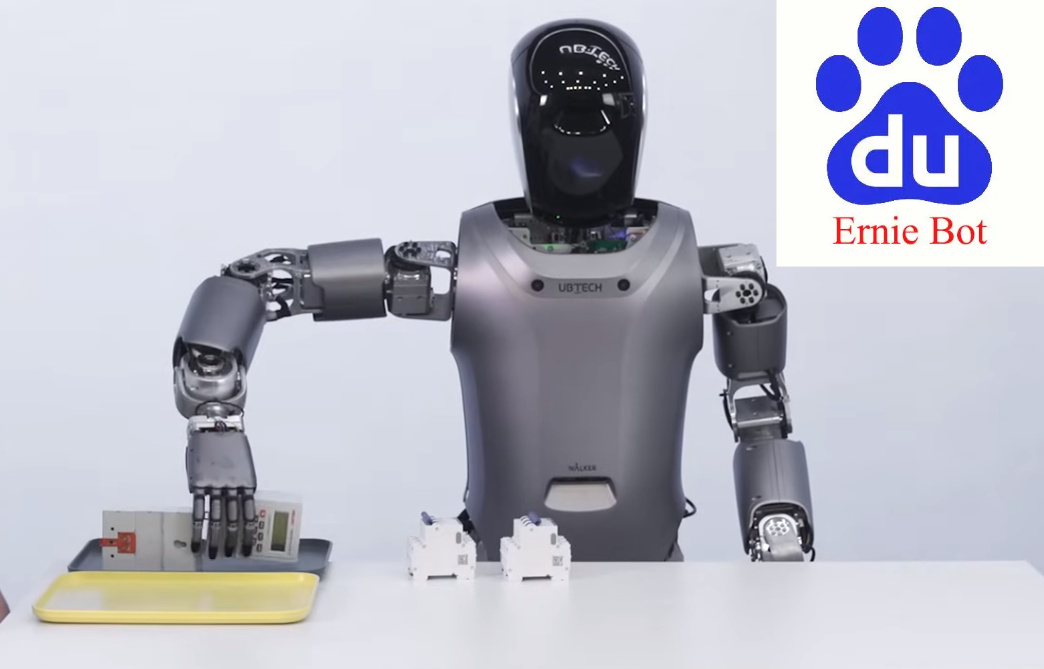Humanoid robots are being designed to perform tasks typically done by humans. Since buildings and equipment are designed to accommodate human dimensions, machines must be able to move and act like humans to interact with them. This makes the development of humanoid robots one of the most promising fields. Elon Musk has predicted that Tesla’s robot will be more important than its cars and have a wider market. Although we are still in the early stages, it holds great potential and the ability to change many fields from manufacturing and healthcare to entertainment and companionship.
Car companies are paying particular attention to humanoid robots. They are among the industries that have discovered the impact of using robotic arms in accelerating the production process and reducing its costs. Tesla’s Gigafactories and Xiaomi’s HyperFactory can produce a car on average every few minutes. Building on this, humanoid robots can contribute to automating the remaining tasks that humans must perform, such as moving equipment, installing parts, and conducting tests.
Here are some car companies developing humanoid robots:
- Tesla: Tesla is developing the Optimus robot, a general-purpose robot aimed at assisting humans with routine tasks that no one wants to do. It was recently shown assembling battery cells in a Tesla factory, and Musk has stated that it will soon start working in its factories.
- Hyundai: Hyundai acquired the veteran robotics company Boston Dynamics, which develops the Atlas humanoid robot. They recently launched an electric version of the robot. The robot is characterized by strength and agility, making it suitable for performing many tasks in car factories that require physical effort in addition to routine work.
- Xiaomi: In 2024, Xiaomi started producing cars in addition to being a mobile phone manufacturer. In 2022, it announced its humanoid robot, CyberOne, which appeared on stage with its CEO. However, it is still a showcase of the company’s technological capabilities, and Xiaomi has not announced any plans for its production yet.
Honda was the first car company to develop a humanoid robot named ASIMO, which appeared in 2000, but it stopped developing it due to the limited benefits it could provide at that time.
Many other car companies are collaborating with humanoid robotics companies and testing humanoid robots in their factories to develop and improve them to suit the nature of the tasks required in factories. Some examples include:
- BMW is testing the Figure 1 and Figure 2 robots developed by Figure.
- Mercedes is testing the Apollo robot developed by Apptronik.
- The Chinese company NIO is testing the Walker S robot developed by UBTech.
Humanoid robots promise to bring about significant changes in work in car factories. In addition to their physical abilities to move, navigate, and perform tasks unlike fixed robotic arms, they have intelligent programs that can be trained to perform any task performed by humans with greater precision, speed, and at a lower cost.
